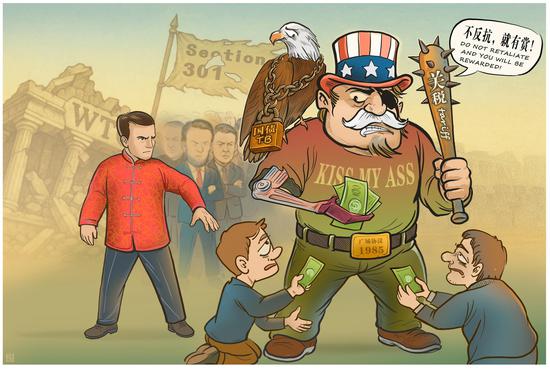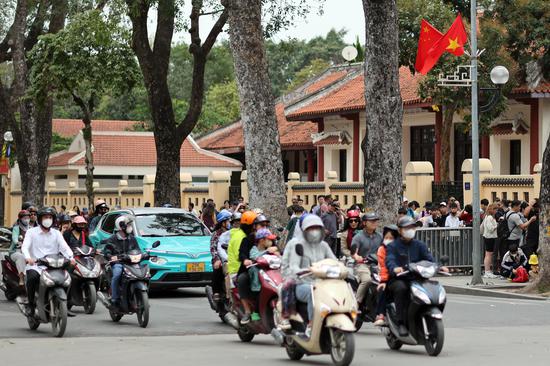(ECNS) -- The U.S. government's revocation of visas for over 1,000 international students and detentions of foreign tourists, including those from its allies, have backfired, leading to a sharp decline in foreign visitors this March.
Since late March, about 1,100 international students and recent graduates across 170 U.S. universities have had their visas or legal statuses invalidated in the federal Student and Exchange Visitor Information System (SEVIS), U.S. media reported.
On Friday, more than 100 affected students filed a joint lawsuit in a U.S. federal court seeking to reverse the policy and stop the government.
Some also filed other lawsuits, claiming they have been deprived of due process as well as the capability of finishing their studies and working in the country, which might expose them to arrest, detention, or deportation.
U.S. media reported the government was mulling a new travel ban that is expected to affect citizens from 43 countries. Over 300 visas, including mostly student and tourist permits, have been canceled since late March, according to Secretary of State Marco Rubio.
Besides international students, the U.S. is also targeting other groups from foreign countries.
The European Union (EU) and key U.S. allies have raised the alarm, with the EU distributing disposable mobile phones to officials traveling to America in case of misconduct by U.S. intelligence personnel.
Germany's foreign ministry cautioned that even minor infractions—such as brief overstays—could lead to detention while the UK issued similar guidance, warning travelers of potential arrests for noncompliance.
A French official was deported after border agents found messages criticizing U.S. policies on his phone, underscoring the heightened scrutiny, media outlets in France reported.
The downturn follows trade tensions, hostile rhetoric from U.S. officials, and stricter border measures that have deterred travelers worldwide.
U.S. Travel Association projected a loss of $72 billion (about 525.60 billion yuan) in 2025, with hotels, airlines, and restaurants bearing the brunt. In addition, Goldman Sachs warns that reduced visitor spending could reach $90 billion in a worst-case scenario this year, accounting for 0.3% of its GDP.
(By Zhang Dongfang)


















































 京公網安備 11010202009201號
京公網安備 11010202009201號